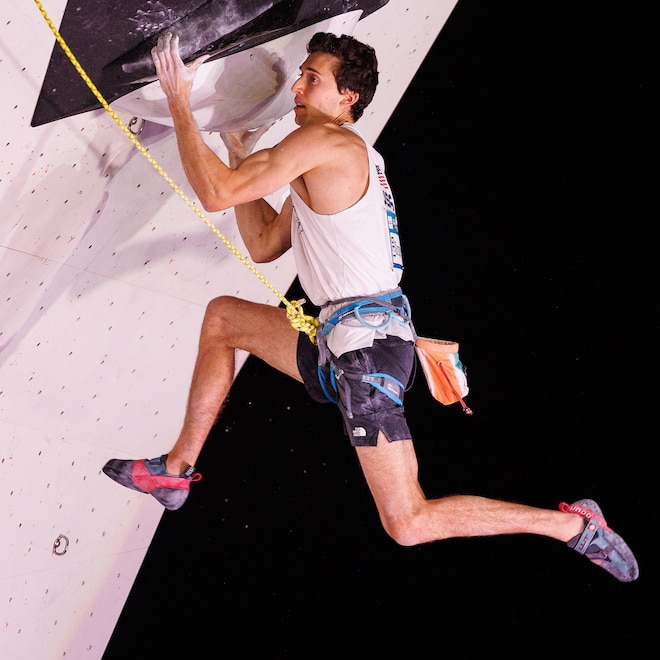Several Olympic athletes are fortunate enough to have their sport as their full-time job, allowing them to compete and train at the highest level without worrying about financial constraints. The likes of Simone Biles, Katie Ledecky, Noah Lyles, and members of the U.S. men’s basketball team are able to focus solely on their athletic career due to their success and sponsorship deals. However, not all athletes have the luxury of being financially stable solely through their sport, and many struggle to make ends meet while pursuing their Olympic dreams.
Many athletes rely on sponsorships, endorsements, and performance bonuses to support themselves financially. The financial support from sponsors can make a significant difference in an athlete’s ability to continue training and competing at an elite level. While top athletes like Biles and Ledecky have lucrative sponsorship deals, less well-known athletes may struggle to attract sponsors and may have to work multiple jobs to fund their training and competition expenses. This financial struggle can put additional pressure on athletes as they try to balance training, work, and financial responsibilities.
The financial burden on Olympic athletes is especially evident for those participating in sports with lower visibility and fewer opportunities for sponsorships. Athletes in less popular sports may face challenges in securing funding and support, making it difficult for them to compete on an equal footing with athletes from more mainstream sports. The lack of financial stability can impact an athlete’s ability to access resources, training facilities, coaching, and equipment, putting them at a disadvantage compared to athletes who have greater financial backing.
The issue of financial stability for Olympic athletes raises questions about the fairness of the Olympic system and the support available to athletes from different backgrounds and in different sports. While top athletes are able to command significant endorsement deals and financial support, others struggle to make a living from their sport and may have to rely on alternative sources of income. This disparity in financial support can impact an athlete’s career trajectory and ability to reach their full potential, highlighting the challenges faced by athletes in less mainstream sports.
Efforts are being made to address the financial challenges faced by Olympic athletes, including increased funding from sports federations, corporate sponsorships, and crowdfunding campaigns. Organizations and individuals are recognizing the importance of supporting athletes from all backgrounds and sports, and initiatives are being implemented to provide financial assistance and resources to those in need. However, more needs to be done to ensure that all athletes have the financial support they need to compete at the highest level and achieve their Olympic dreams.
In conclusion, the financial stability of Olympic athletes varies greatly depending on factors such as their success, visibility, and sport. While some athletes are able to support themselves through sponsorships and endorsements, others struggle to make ends meet and must juggle multiple jobs to fund their training and competition expenses. The issue of financial support for Olympic athletes raises questions about fairness, equality, and access to resources, and efforts are being made to address these challenges and provide support to athletes from all backgrounds. Ultimately, ensuring that all athletes have the financial means to pursue their Olympic dreams is crucial for the future of the Olympic movement and the success of athletes at all levels.


